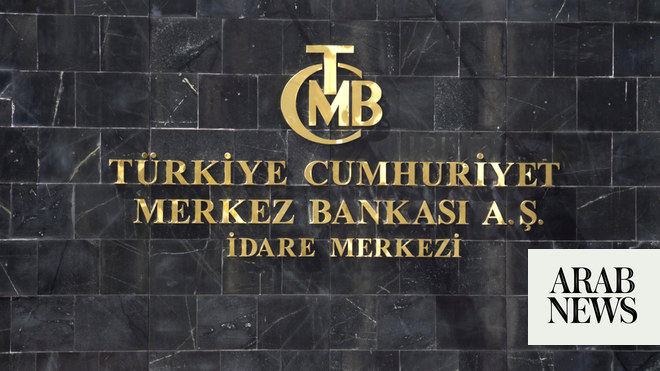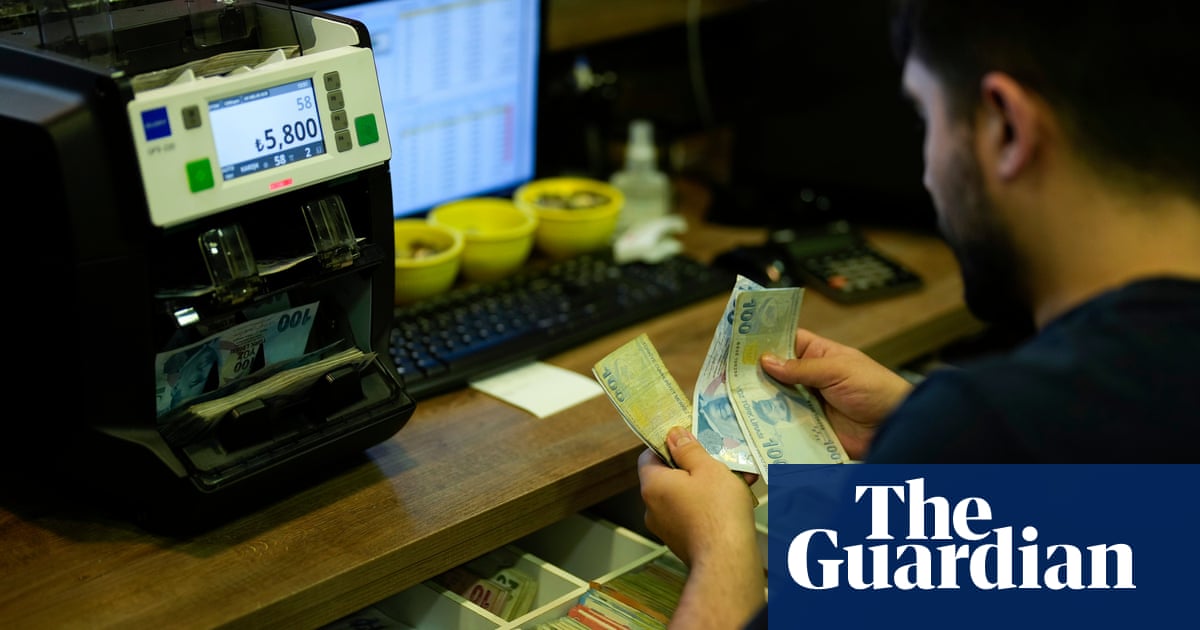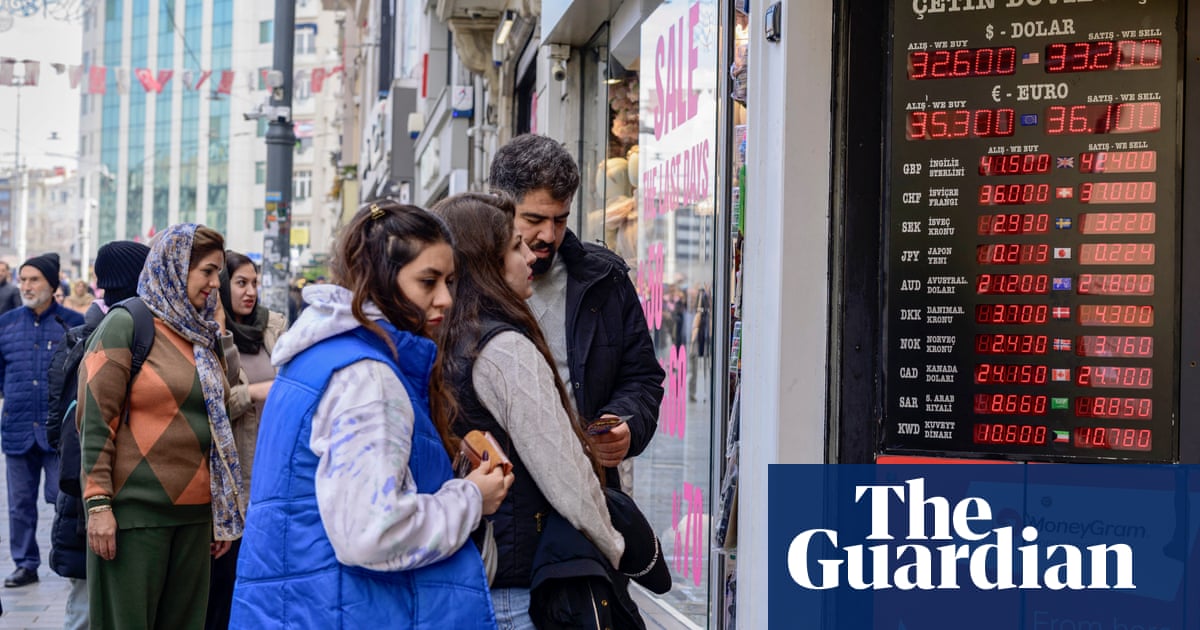
ANKARA: In its continuing efforts to combat soaring inflation, Turkiye’s central bank sent a resounding message on Thursday when it increased its key interest rate by an astonishing 500 basis points, from 25 percent to an unprecedented 30 percent.
The move signaled the continuation of a significant departure in recent months from the country’s previous unorthodox economic approach, marking a shift toward a more rigorous monetary policy designed to stabilize soaring prices.
“Attaining price stability is our top priority,” Mehmet Simsek, the minister of finance, wrote in a message posted on social media site X.
The substantial rate hike was largely in line with market expectations, underscoring the steadfast focus by Turkish officials on addressing the inflation crisis and regaining the confidence of foreign investors.
The 5 percent increase of the benchmark rate by the central bank’s Monetary Policy Committee came under the leadership of the bank’s newly appointed governor, Hafize Gaye Erkan, who previously was a finance executive in the US. She was appointed in early June, since when there has been a remarkable rise in policy rates totaling an impressive 2150 basis points.
While economists generally welcomed the latest increase, they said that more measures might be required.
“While the (central bank) remains resolute in its return to orthodox monetary policymaking, the simplification process remains gradual, with real rates still deeply negative,” Ehsan Khoman, head of Emerging Markets, Environmental, Social and Governance, and Commodities Research at MUFG Bank in Dubai, told Arab News.
“If there is no return of the one-week repo to levels consistent with price stability, the floodgates of capital inflows will remain on the sidelines,” he added. A repo, or repurchase agreement, is a short-term agreement to sell securities, in order to buy them back at a slightly higher price.
Khoman described Turkiye’s inflation challenge as being secular, characterized by prolonged periods of mild price increases rather than cyclical fluctuations.
“Our view is that it will be challenging to assume an authentic disinflation trajectory that would offer investors comfort to deploy significant capital in the presence of deeply negative rates,” he said.
After Thursday’s decision was announced, the central bank hinted at the possibility of further interest rate adjustments and emphasized its commitment to an ongoing tightening of monetary policy until inflation is under control.
“Monetary tightening will be further strengthened as much as needed, in a timely and gradual manner, until a significant improvement in the inflation outlook is achieved,” the bank said.
“Inflation readings were above expectations in July and August. As the strong course of domestic demand and the stickiness of services inflation persist, the increase in oil prices and the ongoing deterioration in inflation expectations pose additional upside risks to inflation.”
Wolfango Piccoli, co-president of Teneo Intelligence, a consulting and advisory company in London, described the latest interest rate hike as a solid and anticipated move by the central bank.
“The hope is that inflation will not increase further, thanks to the higher policy rate and the ongoing fiscal and credit tightening,” he told Arab News.
“It helps to keep investors’ optimism about the commitment of the new economic team to tackling the inflation challenge but the real test is only starting now, as the policy rate has just reached the ceiling that (President Recep Tayyip) Erdogan has allegedly indicated.”
However, given the lack of tangible political pressure on Erdogan, and the fact that the Turkish opposition remains moribund, the ceiling could be revised upward, Piccoli added.
“Ahead of the approaching local elections in March 2024, economic growth may slow done but there are no alternatives,” he said.
Turkiye unveiled its medium-term economic plan this month, projecting an inflation rate of 65 percent by year-end.
Simsek, the finance minister, had a series of meetings with investors in New York this week in an attempt to attract direct investment and capital inflow. About 120 American investors attended the Turkiye Investment Conference in the city on Tuesday, during which Simsek and Trade Minister Omer Polat delivered presentations.
Still, skepticism persists among some economists about the commitment of the Turkish government and central bank to their economic targets.
For example, Erinc Yeldan, a professor of economics at Istanbul Kadir Has University, highlighted inconsistencies between public statements from the newly appointed economic team, including Simsek and Erkan, and the economic realities.
“There is a problem of inconsistency,” he said. “As elections are looming, there are still concerns on the investors’ side about whether this course will change before all these policies are fully implemented.”
In the current volatile environment, Yeldan believes that Turkiye will only be able to attract foreign investors through one-on-one meetings and financial instruments such as swap operations, which have played a crucial role in channeling foreign capital into the country over the past three years.
Thursday’s interest rate hike is the fourth since Erdogan began to shift away from his previous unorthodox monetary policy of maintaining low rates regardless of high inflation, seemingly signifying a substantial transformation in Turkiye’s economic approach.












